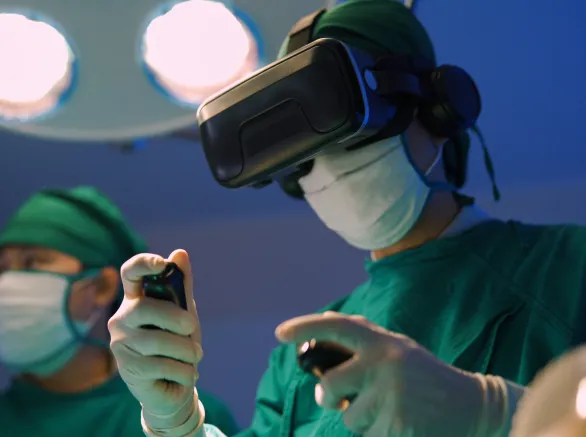How do we help you determine whether the co-occurrences of disease cases constitute a disease cluster?
Exponent's epidemiologists, biostatisticians, and environmental scientists analyze disease clusters and provide data-driven insights to help our clients make critical decisions. We identify appropriate scientific approaches for determining whether a cluster exists and assist clients in implementing relevant data collection, analyzing available health data, and communicating study findings to relevant stakeholders. If a disease cluster is found, we can investigate any possible relationship to some type of potential environmental or occupational exposure.
Our multidisciplinary expertise brings unique insights to complex health challenges.
Our disease cluster analysts evaluate reports of increased disease occurrences in the workplace, community, and environment, and we conduct epidemiologic investigations to assess potential workplace and community cancer clusters. Our staff applies state-of-the-art mapping and statistical tools to characterize the spatial patterns of disease occurrence, and we have provided consulting regarding potential clusters of reproductive outcomes such as birth defects or spontaneous abortions.
How does Exponent conduct cluster investigation research?
Our investigations typically address the following types of questions:
- Are the rates of disease greater than expected in person, place, and time?
- If the observed rates of disease are greater than expected, is there documented exposure that could explain this cluster?
- Does the proposed exposure reflect a biologically plausible relationship between exposure and disease?
- Are there alternative explanations for the perceived cluster of disease?
- Are there specific sub-groups that may or may not be at an elevated risk of disease?
- Are improvements needed in the workplace or environmental health surveillance systems to accurately characterize potential clusters?
Experts
Our global and comprehensive expertise across industries gives us a deep understanding of current challenges, best industry practices, and the implications of emerging technologies.






